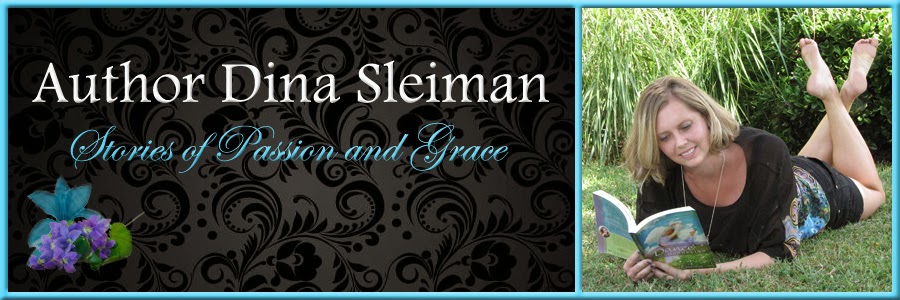 |
| Dandelion Dering played by Taylor? |
And I have decided that for me as an author, romances are a bit stifling.
Boy meets girl. Boy and girl fall in love. Boy and girl face obstacles in getting together. Boy and girl live happily ever after. That’s the basic romance novel in a nutshell. For a true romance, if you remove the romantic thread, there’s no plot left. And the story should be told from the hero and heroines third person points of view.
Now, don’t get me wrong. I adore romance. For me, no book is complete without it. I even love a happy ending. But personally, I enjoy a few more twists and turns along the journey.
When I penned my debut novel, I wanted it to be a love story, but I wanted to go a different route in how I explored the topic of love. The first thing that came to mind was a Eugene O’Neil play I had read in high school. In it, the heroine lost her true love in one of the World Wars. She spends the rest of the play searching for a man who can take his place—but instead finds only men who fulfill aspects of that longing. This gave me an idea. What if my heroine turned her back on true love because of a childhood wound? She could spend the rest of the story searching for love. She would find men who represented aspects of love, but never quite the real thing.
The next thought that came to my mind was a nonfiction book I’d read by Dr. Ed Wheat called Love Life for Every Married Couple. The book lists the different Biblical words for love and explains each one. What if I were to combine this idea with the Eugene O’Neil play? My heroine could meet men that fulfill certain Biblical definitions of love, but never that true God-like agape love.
So in my novel, Dance of the Dandelion, my peasant heroine does indeed turn away from true love because of her childhood trauma of enduring a famine. This launches her on a journey of discovery. She goes through a series of men against an exciting backdrop of the medieval pageantry and adventure on the high seas. Gottfried, the stoic knight, fulfills her need for safety and belonging. Richard, the charming castle steward, meets her longing for romance and fun. Giovanni, the kind Italian merchant, provides her with friendship and companionship. Finally she meets Lucio, the sexy sea captain, who represents passion and desire, but each relationship lacks some important element and leaves her unfulfilled.
As you might have guessed, it is only when Dandelion finds God’s true love that she is set free to find earthly love as well. But the story doesn’t end there. Dandelion still has challenges and difficult choices to face.
So, I guess the verdict is in. I write happy-ending romantic love stories of the non-romance variety. Did that make any sense? To hardcore romance readers who approach a book with a very specific set of expectations it does. And yet I think any romance readers will love my novel.
Here's what a few of your favorite authors have to say (humor me for a minute, I just got two of these recently and have to share them somewhere.)
"Dina Sleiman is a beautiful writer. Romantic and gritty, Dance of the Dandelion takes readers on an epic journey of human failings, self discovery, and second chances. Through it all God’s love and forgiveness shines through."
--Julie Klassen, Bestselling Author
"This medieval romp of a book reads like a dance! Full of unexpected twists and turns, it displays the folly or joy of our choices and the God who enables us to find true freedom in Him. Dandelion Dering is a heroine you won't soon forget!”
--Laura Frantz
"A magical medieval tale of whim and whimsy, the Dance of the Dandelion is one woman's journey to both true love and the truth, spinning a spell that will hold you captive from the first page to the last. Strongly recommended for mature audiences, this is a novel--and an author--not to be missed, and an emotional and spiritual journey that will leave you breathless."
--Julie Lessman
Dance of the Dandelion is now available. See links in the sidebar.
Which do you prefer, a romance novel or a love story? Why? What is your definition of a romance?


